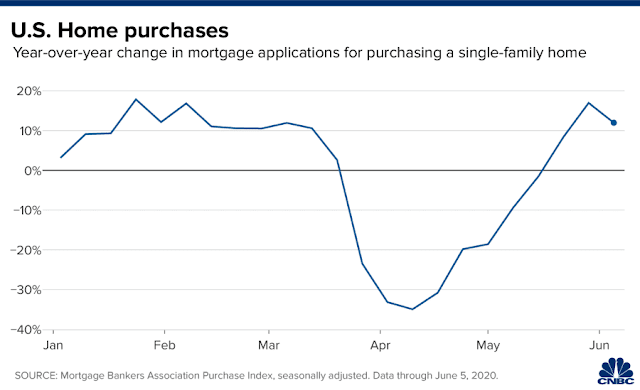Facing the Bear in the Room
The markets came limping into this week after a prognosis informing investors that the monetary crutch loaned to the economy is still needed even 7 years after the financial crisis in 2008. Dow Futures this morning predicted a 200 point loss to the Dow Jones Industrial Average as systemic weakness continues to keep the stock market from approaching levels that created the bubble earlier this year. As Chinese data eases out of traders' worries replaced by an overall state of global melancholy. After a drop of -261.23 (-1.50%), the Dow Jones drops to an 11.4% from the apex of 2015 which was 18351.36 on May 19, 2015. The Global Dow shows the losses have an international scope with a -48.78 loss (-2.10%) trading 14.1% below its high on May 22, 2015. China's market grows almost 1.00% but also remains an astonishing 38.5% lower than its June high of 5,178.19. Why does global data really matter in the end? Another problem that the Fed cites as keeping inflation and growth limited is by a stronger dollar hurting net exports. Worldwide demand for commodities and a lot of optional goods is going to hurt the prospect for revenue growth. For that reason, investors are wary when putting their money into sectors like energy and consumer goods where demand data may have a greater effect than other sectors. Both these sectors and the Basic Materials sector lost the most today with total market declining volume at 837,966,175. With the losses today, total volume increased with the S&P 500 experiencing almost 20% more volume than the quiet trading of yesterday. Shares of Exxon-Mobil were traded almost 11 million times yesterday which was overshadowed by 14 million today, an increase of approximately 27%! Trading activity looks to want to hand down a verdict of weakness to the economy, and the punishment is a sell-off. The market yesterday looked bearish and sad, but today investors sold with confidence (of unconfidence). Many analysts are suspecting a long-term bearish trend to sit in over the markets as more and more money will look for a new home. But why? Are prices inflated? I don't think so, but most people do not care. The correction after the slightest news of a Chinese recession has scared many into backing out of the game that could penalize them suddenly at every second. In both the general market and the energy sector, we've seen billions of dollars lost in a second then suddenly a recuperation. Post-financial crisis traders will especially be timid in putting money in the "betting machine" the stock market has been perceived to be. That is just how things will be for a while. People might want to look at bonds as an alternative, but interest rate delays have given that kind of security a bad rap. Growth might be stemmed more than what the Fed had wanted when they met last week, but I wouldn't rule out the hope of some kind of good news coming from third-quarter earnings reports. In my opinion, the economy is not as slow as we think it may be even though the Fed's decision has framed the way we think about the market as we approach it with our money. There may be a chance for a bounce as another round of economic data is produced later this year after second-quarter GDP data beat the outlook given by the Fed.



Comments
Post a Comment